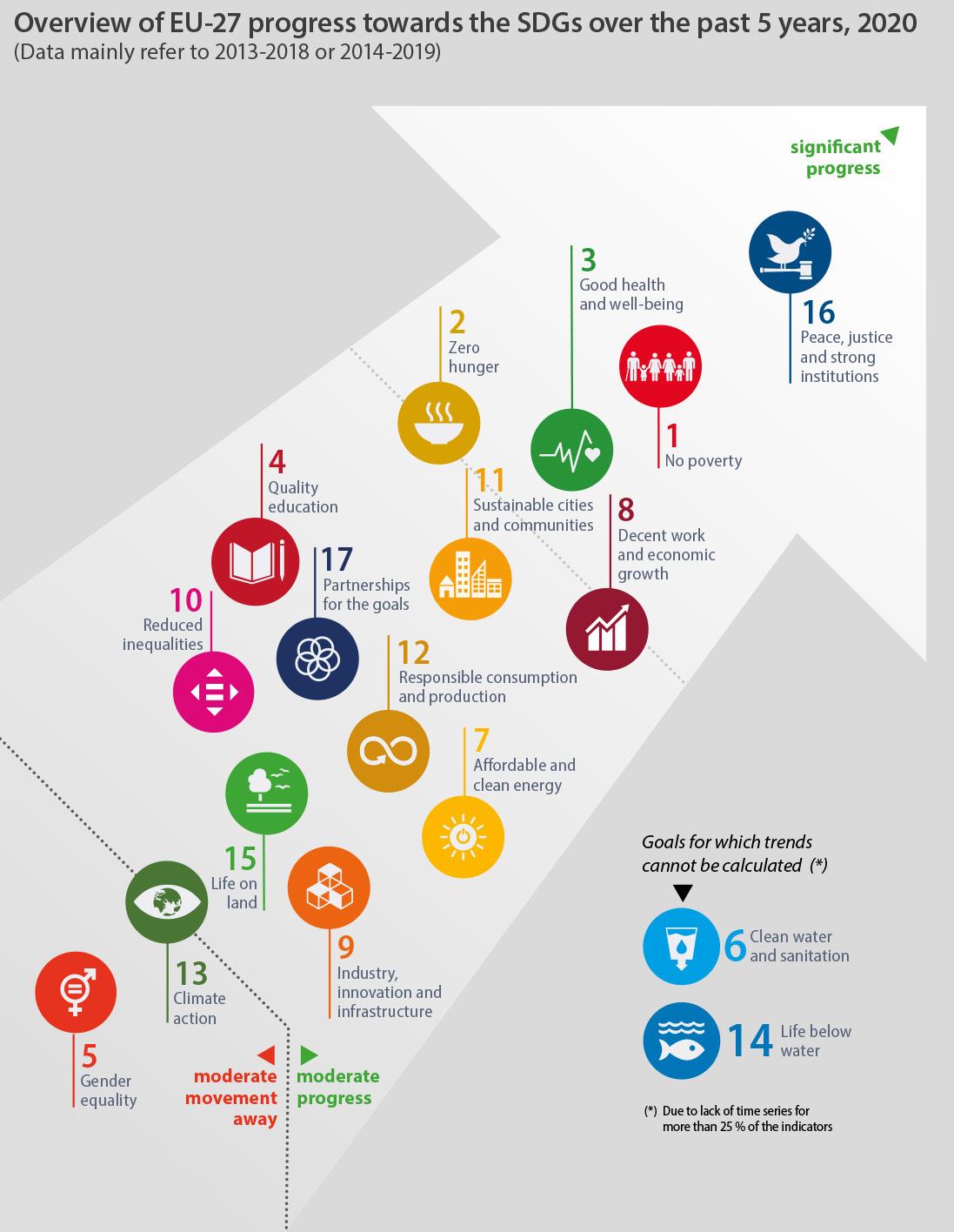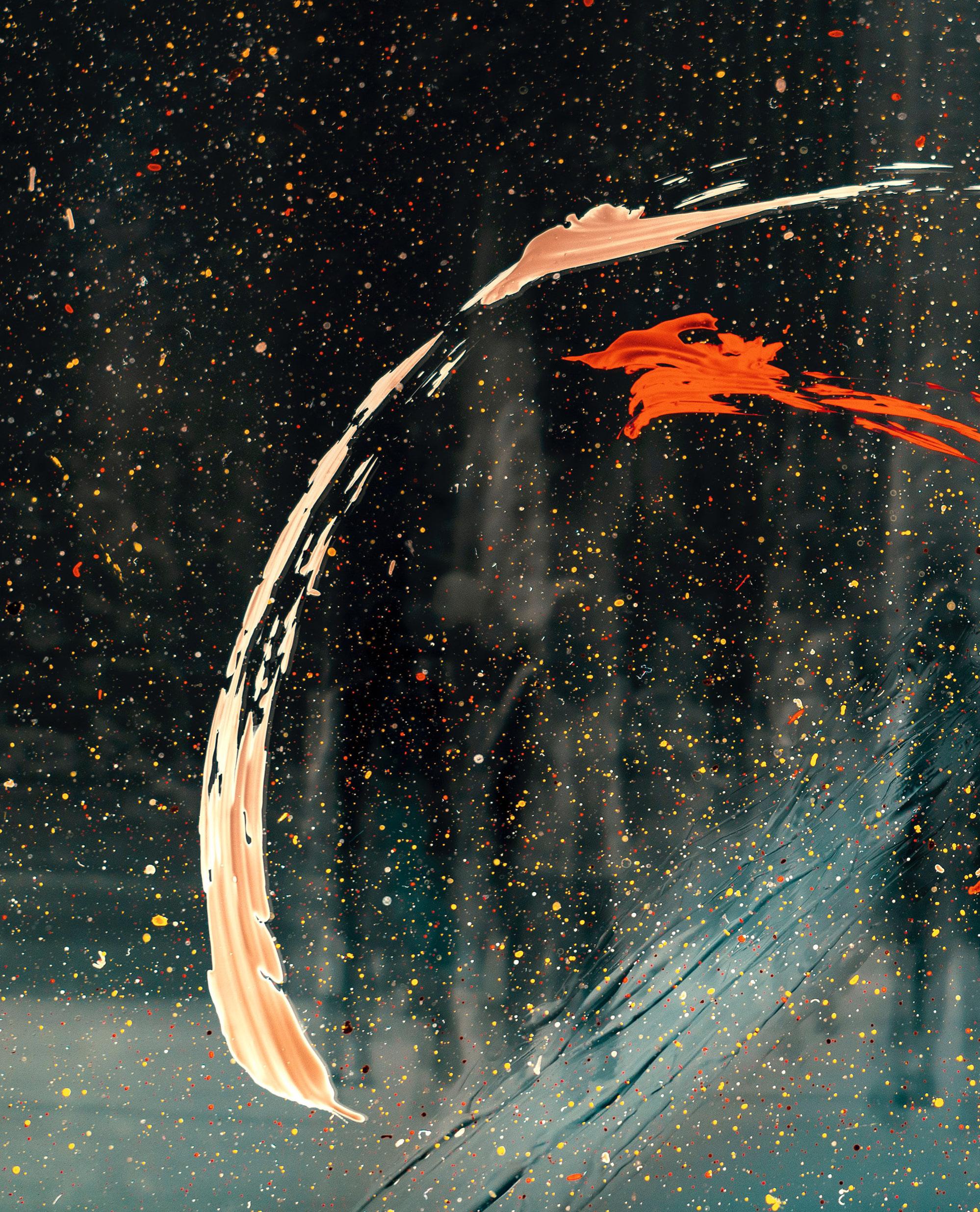
6 minute read
UN AGENDA 2030 with VICTOR MOTTI
Conversations on the future we want UN AGENDA 2030 WITH VICTOR MOTTI
The UN’s Sustainable Development Goals (SDGs) were adopted in 2015 as the universal call to action to end poverty and hunger, protect the planet and ensure inclusion, peace and prosperity for all by 2030. Many people believe that the COVID Global Pandemic now makes this unreachable and unreasonable. However, there are those who believe that this crisis provides the opportunity to reset the pathways to achieving these global goals in new and previously unimaginable ways. What is certain is that without active involvement across all borders and boundaries Agenda 2030 is not capable of delivering wide scale impact. Understanding of the SDGs and actions towards achieving them should be integrated in everyday lives of leaders as well as of ordinary people. We need ways to reach people in ways that speak to them and offer content in a form that allows them to engage.
In this interview we hear from Victor Vahidi Motti, Director of the World Futures Studies Federation (WFSF) and Lead Futurist at Alternative Planetary Futures. He is the author of the 2019 book titled: A Transformation Journey to Creative and Alternative Planetary Futures
Victor employs an Integral Futures Framework, which is based on the science of complex systems, and called after Zurvan, the transcendental, neutral, and entire deity of infinite time and space in ancient Persian mythology-theology.
This framework consists of seven steps which are: 1) Scoping - defining the issue, 2) Identification of Opposite Twins, 3) Listing hero / heroine, anti-hero / anti-heroine from the local myth sources, 4) Elaboration of goals in domains of biology, psychology, society, and culture, 5) Finding Illusory Beliefs, 6) Developing Wise Strategies, 7) Building Transformation Narratives.
Claire Nelson: What is the vision and mission of Alternative Planetary Futures and how is it shaped by the Global Agenda?
Victor Motti: As a starting point the key contribution is to highlight an emerging binary opposite: Planetary versus Global. The mission is to convince people all around the world to abandon outdated, sometimes harmful sources of identity, and embrace planetary identity as an important alternative. This requires a fundamental change in the mindset
FUTURES BAROMETER
of individuals. It could pave the way for the vision of a beautiful, peaceful, wise consciousness on the planet to emerge, making us prepared for the next level of complexity, through meritocracy, in the course of the cosmic evolution. Unfortunately, the driving force behind Global Agenda and in particular Globalization is aiming at a much lower goal and is confined within the boundaries of the standard economic growth imperative and largely profit driven.
Claire Nelson: As an international development expert, I came to an understanding of what I call the Integral Development Framework for Securing Human Thrival. How did you arrive at the Integral Futures Framework and what is it?
Victor Motti: I use the terms integral, integrated, and integrative interchangeably. A simple definition might be that it is the deepest and broadest approach to the future that includes and integrates everything about the future and adds up all and every domain of reality, layer of analysis and world of deconstruction/ reconstruction into a whole. There are two very well-known integral futures methodologies or frameworks; one of them is related to Richard Slaughter and Ken Wilber and another is related to Sohail Inayatollah with his Causal Layered Analysis. A third option would be using science fiction literature as promoted by Thomas Lombardo. Zurvan integral framework, originally developed by Sherwin Vakili, is yet another framework that meets the essential elements of the definition I gave above. I believe that all such integral frameworks will provide the necessary and sufficient pathways toward the emergence of the good future.
Claire Nelson: How might this framework be applied to our thinking in the political and policy spaces that are driving the conversations about the SDGs?
Victor Motti: SDG is an admirable and necessary step towards increasing our collective awareness about the planetary conditions. The goals setting, target aiming, and indicators monitoring are all necessary. However, mostly informed by the positivist, objective analysis of the external world, much like similar initiatives such as the State of the Future Index (SOFI) by the Millennium Project, we are downplaying the importance of measuring and monitoring the inner world transformations, shift of worldviews, and evolution of modern mythologies. Political spaces can benefit a great deal if we cast doubt on the agenda of profit and power driven globalization and put in its place planetization, planetary identity, and the associated goals and targets which are essentially related to make a radical change in the inner world of individuals, therefore, no one will be forgotten and left behind.
Claire Nelson: How might you and others in which you have influence help to create a global community of practice around using this framework to advance the use of strategic foresight for advancing the SDGs and what do you see on the horizon for more in harnessing these tools of empowerment and engagement?
Victor Motti: SDGs will be achieved by humans who cannot follow heartless algorithms or cold and dry instructions. The Zurvan framework wisely integrates the analytical thinking with motivational feelings. It aims to transform the inner world of the individuals as well as the world out there by helping them to question and update their mythologies, theologies, and the underlying worldviews and values.
Claire Nelson: When you think about success in the year 2030 what do you see?
Victor Motti: There is still a widely believed myth in our collective consciousness which says that humans are the pinnacle of the creation. I cannot hide my satisfaction that the invisible coronavirus of 2020 proved otherwise. This was a humble awakening for the humanity as a whole which in the meantime galvanized the digital transformation in addition to health and welfare systems restructuring. In the Alternative Planetary Future that I envision we have specific goals and targets that can be measured much like the SDGs but has a balancing effect in the inner world as opposed with the external world.

FUTURES BAROMETER
We need to adopt a worldview highly compatible with the scientific worldview, i.e. pantheism, and then go through seven valleys for the planetary transformation both mentally inside and physically outside: 1) recognition of our zero knowledge if compared with all the transdisciplinary knowledge out there to be learned, 2) having increasingly more people with hybrid, zero center identities, to become mentally multicultural, multilingual, etc., 3) zero reliance on the fossil fuels and zero traditional businesses and workers left without aid to make the transition, 4) zero use of weapons, wars, and glorification of the so called good justifiable violence and killing in the culture and society, 5) zero conscious being left behind and investing in the reliable communication with all forms of life, 6) zero hard and indecent labor for humans by using all sophisticated AI and robotic technologies and freeing up humans’ time to fulfill their deepest desires, dreams, wishes for the planet and release their genuinely creative imagination, 7) zero use of lower level symbolic systems that make the world to appear more complicated than it really is. This is about enriching our mentality by progressively learning and using more complex symbols that will transform the key messages or narratives into much simpler terms ready for communication and propagation.


FEATURES




